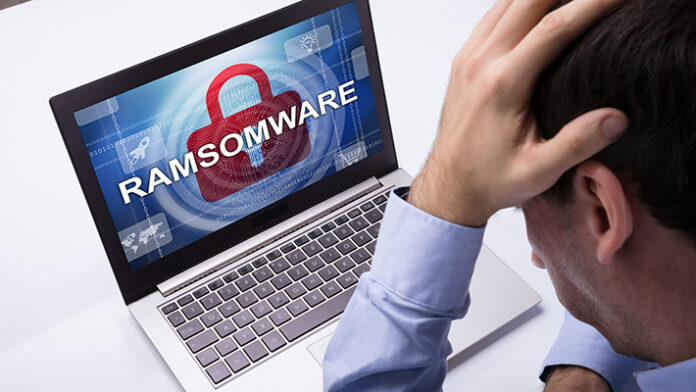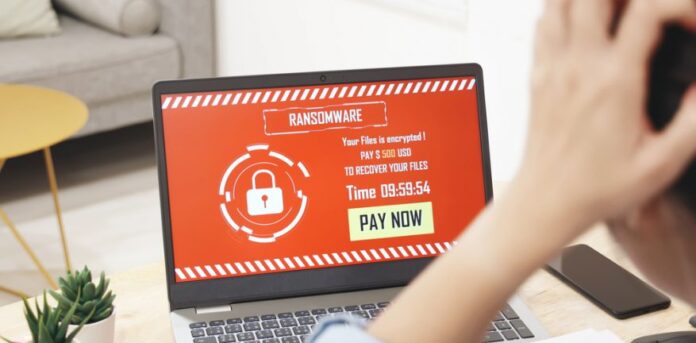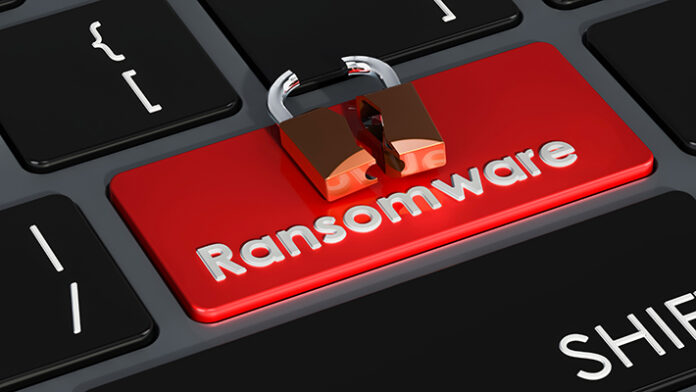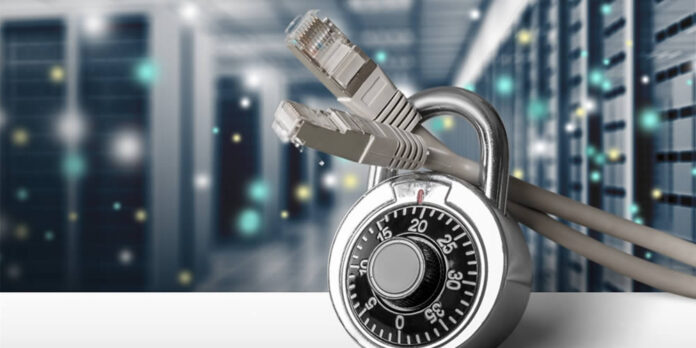
Cybercrime is estimated to be more profitable than the global drug trade. The industry is believed to be worth around $170bn. At least 350,000 instances of new malware are detected every day.
In recent years, ransomware has become a favorite tool for hackers. Depending on which report you read, ransomware attacks have increased by at least 93% and possibly as much as 485% in some industries.
There has certainly been a surge in attacks since the pandemic. Hackers have started targeting the remote working employees of corporations.

In addition, analysis performed by Bitdefender’s Global Protective Network (GPN), attributes a 335% surge in cyberattacks honing in on Smart TV vulnerabilities. Work from home employees is an easier target for hackers.
Home networks inevitably make your entire business network more vulnerable. The rise in BYOD policies also increases the risk of a cyberattack on your business. You have little to no control over how your employees use their personal devices.
These stats and facts are real. So is the threat of cybercrime. However, should firms really be as concerned about the threat of cybercriminals as mainstream media and cybersecurity firms want you to be?
Yes, the threat posed by malicious actors is a real and present danger. However, if you have adequate IT security defenses in place, there is a lot less for C-Suite executives and business owners to worry about.
What is Ransomware?

Ransomware is a type of malware that has the capacity to freeze you out of your business network – and literally hold you to ransom. The malware is typically distributed via email spam campaigns such as phishing and spear phishing, or through vulnerabilities in software applications.
Malicious actors infect your business network by downloading asymmetric encryption onto your network. The code encrypts files by dropping binary code into documents, databases, and applications. Once this happens you will not be able to read the data.
Some malware can also exploit other systems on your network if they also have vulnerabilities. Malware has the potential to spread across your entire network.
Cryptography employs public and private keys which are generated by the attacker. A private key is required for you to access your network. However, before hackers give you the private key, you have to pay a ransom. Victims are typically given 24-48 hours to pay the ransom.
Once you have access to the private key, you will be able to decrypt your files.
The good news is that malware always needs an “attack vector” such as a device or an app. This means that by installing the right technologies and educating your staff about cybersecurity, you limit the opportunities hackers have of infiltrating your company network.
State-Sponsored Cyberattacks

When you analyze the major ransomware attacks grabbing the headlines, there’s a common thread. The attacks are believed to have been committed by state-sponsored hackers.
Big data is big business and the rising frequency of advanced persistent threats suggests a World War is taking place via the ether. In 2024 alone, cyberattacks on leading corporations are announced with alarming regularity.
Among the cybersecurity, losers are Apple, Microsoft, Facebook, Acer, Quanta Computer, Gigabyte, and software company Kaseya. At the eye of the storm is China, Russia, the United States, and Israel.
Cyberwar is not new. A quick look at the history of malware throws up state-sponsored attacks all over the place.
This tells us that a lot of money is being spent on the development of sophisticated technologies and techniques that are capable of exploiting vulnerabilities. Moreover, it also means the world’s most talented hackers are involved.
But why should the average business be worried about state-sponsored attacks? What interest does the government have in your business data?
Cybersecurity Risks To Your Business

The majority of businesses are unlikely to be the target of a state-sponsored attack. However, the technology used in state-sponsored attacks usually resurfaces at some point.
Fortunately, by the time these technologies reach the average-joe hacker, cybersecurity firms have already designed anti-virus software that captures previously used malicious code.
Another potential threat, however, may stem from competitors. It’s not unheard of for companies to employ hackers to intelligence from their rivals. Although acquiring trade secrets is against the law, very few hackers are traced – about 0.05%.
In 2016, Vice Magazine reported that ransomware gangs had been hired by Fortune 500 companies to infiltrate the networks of their competitors.
The following year, Uber was found guilty of spying on key executives, drivers, and employees at rival companies to gather intelligence. The covert activity was performed in multiple countries.
More recently, an ongoing case in which NAAIP hired a hacker to scrape data from Compulife’s server was adjudged to be unlawful by the Supreme Court – overturning the decision that no crime had been committed by the lower courts.
Cybercrime is unnervingly easy in today’s climate. The rise of Cybercrime as a Service (CaaS) gives anyone willing to pay the monthly rental fee access to an entire team of hackers, tools, and strategies.
And CaaS can be found on the dark web for as little as $1000 a month. McAfee reports that ransomware is the favored method because they are potentially lucrative and have the lowest risk of being caught.
Protect Your IT Network

Cybercrime prevention technology does a good job of protecting business networks. Anti-virus software detects previously used codes, two-factor authentication verifies the user logging in and remote monitoring software detects suspicious behavior and encrypted data cannot be read with access to a key.
Cybersecurity firms are confident their technologies will prevent over 90% of cyber attacks. The biggest threat to your business network is your employees. Now remote working is the new normal, training your team in the art of cybersecurity is more important than ever.
MicroPro, a leading IT support company based in London says that companies that take the necessary precautions should be well protected against a data breach. Providing you build effective cybersecurity defenses at every entry point of your fortress, you significantly reduce the risk of a data breach.
So to answer the title question, yes, you should be worried about cybercrime unless you have taken the necessary precautions to install appropriate cybersecurity defenses.
Read Also:
How to Protect Your Internet Privacy











